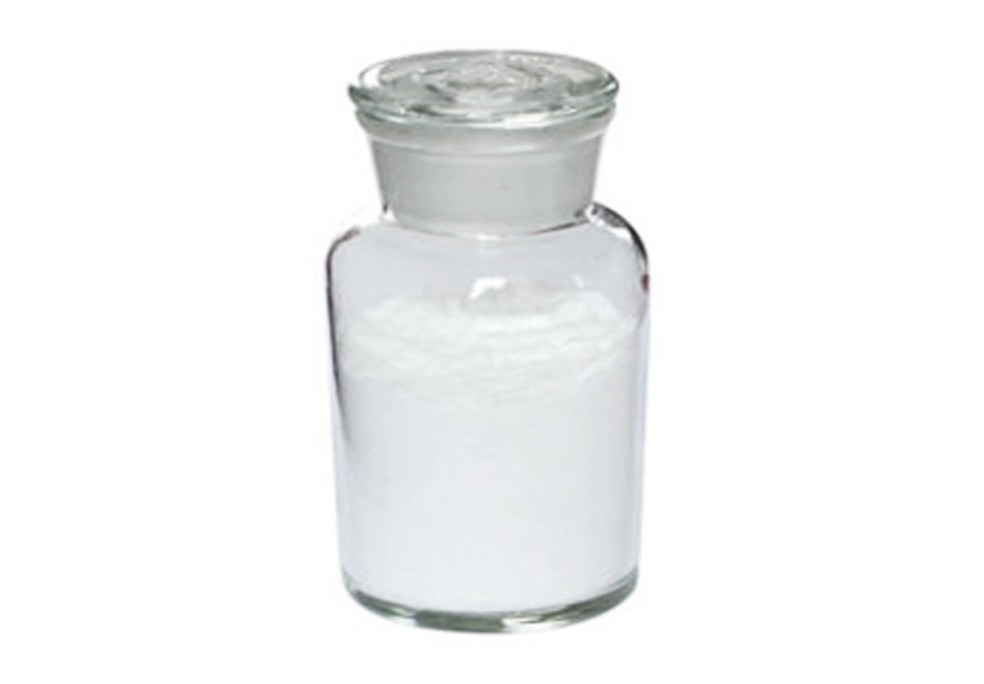Dexamethasone sodium phosphate, a corticosteroid, is similar to a natural hormone produced by your adrenal glands. It often is used to replace this chemical when your body does not make enough of it. It relieves inflammation (swelling, heat, redness, and pain) and is used to treat certain forms of arthritis; hud, blood, kidney, eye, thyroid, and intestinal disorders (e.g., colitis); severe allergies; and asthma. Dexamethasone sodium phosphate is also used to treat certain types of cancer.
Dexamethasone sodium phosphate comes as a tablet and a solution to take by mouth. Your doctor will prescribe a dosing schedule that is best for you. Follow the directions on your prescription label carefully, and ask your doctor or pharmacist to explain any part you do not understand. Take Dexamethasone sodium phosphate exactly as directed. Do not take more or less of it or take it more often than prescribed by your doctor.
Do not stop taking Dexamethasone sodium phosphate without talking to your doctor. Stopping the drug abruptly can cause loss of appetite, upset stomach, vomiting, drowsiness, confusion, headache, fever, joint and muscle pain, peeling skin, and weight loss. If you take large doses for a long time, your doctor probably will decrease your dose gradually to allow your body to adjust before stopping the drug completely. Watch for these side effects if you are gradually decreasing your dose and after you stop taking the tablets or oral liquid, even if you switch to an inhalation corticosteroid medication. If these problems occur, call your doctor immediately. You may need to increase your dose of tablets or liquid temporarily or start taking them again.
(1) anti-inflammatory effects: This product is to reduce and prevent tissue response to inflammation, thereby reducing inflammation of the performance. Can inhibit inflammatory cells, including macrophages at sites of inflammation and leukocyte accumulation, and inhibition of phagocytosis, lysosomal enzyme release and synthesis and release of chemical mediators of inflammation.
(2) immunosuppression: to prevent or inhibit the cell-mediated immune response, delayed hypersensitivity reactions, reducing the T lymphocytes, monocytes, macrophages acidic number of cells, reduce the binding of immunoglobulin with cell surface receptors capacity and inhibit the synthesis and release of interleukin, thereby reducing the T lymphocytes to lymphoblastoid cell transformation, and to alleviate the situation of the primary immune response to expansion. This product also reduces the immune reviewed through the basement membrane, and can reduce the concentration of complement components and immunoglobulins.






















